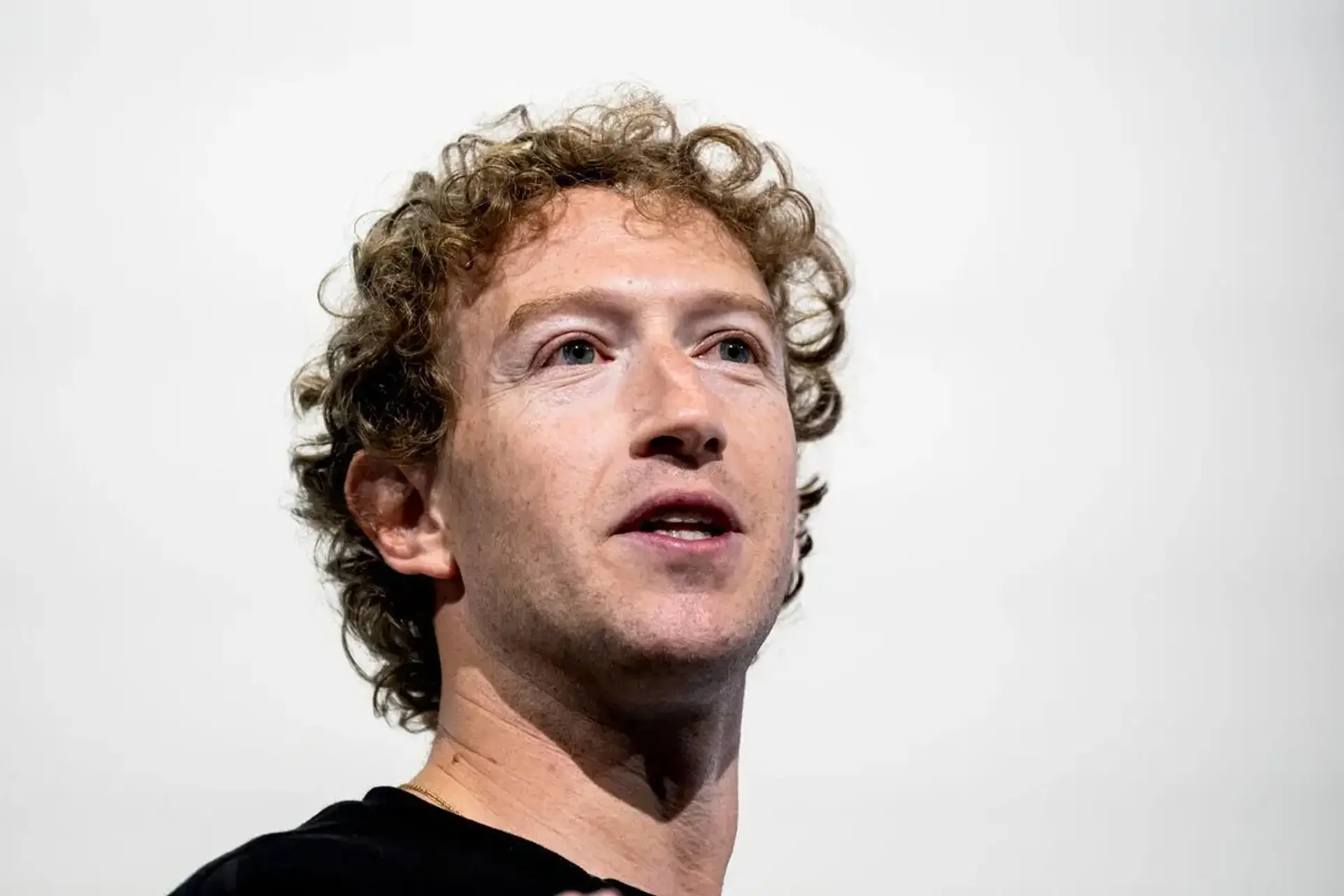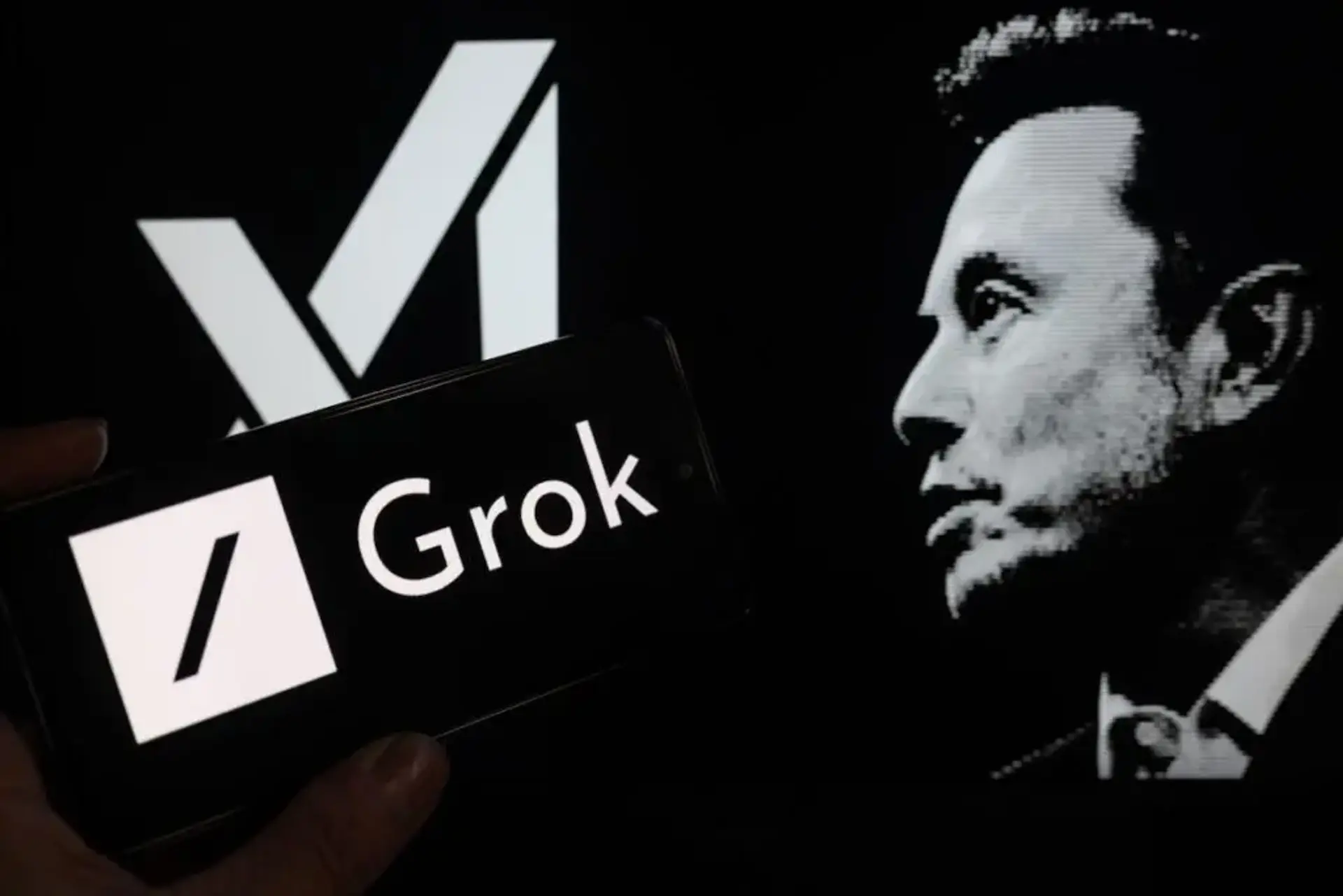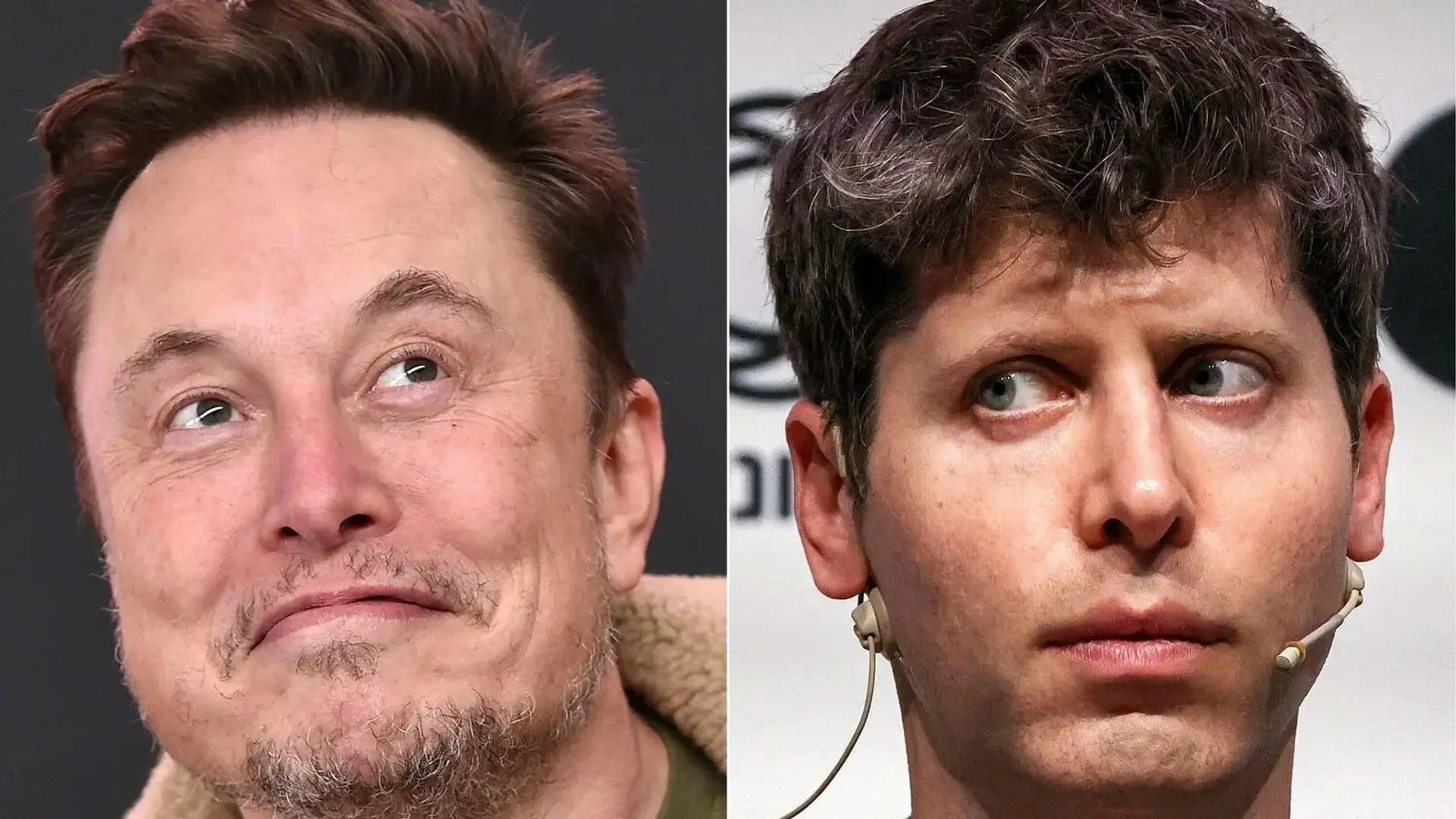Elon Musk approached Mark Zuckerberg to join him in an attempt to acquire OpenAI. This move was revealed in a recent court filing by the AI startup. The details of the proposed deal, including the financial terms and the intended strategy for OpenAI under their joint ownership, remain undisclosed. However, the approach underscores Musk's continued interest in influencing the direction of AI development, particularly in light of his ongoing disputes with OpenAI.
The attempt to involve Zuckerberg highlights the competitive landscape and the high stakes involved in the AI industry. Had the deal materialised, it would have brought together two of the most influential figures in technology, potentially reshaping the future of OpenAI and its role in the advancement of artificial intelligence. The implications of such a partnership would have been far-reaching, affecting everything from AI research and development to the ethical considerations surrounding AI deployment.
Ultimately, Zuckerberg did not join Musk's bid, and OpenAI remains an independent entity. The reasons for Zuckerberg's decision are not public, but it's likely that a variety of factors played a role, including strategic alignment, financial considerations, and potential regulatory hurdles.




